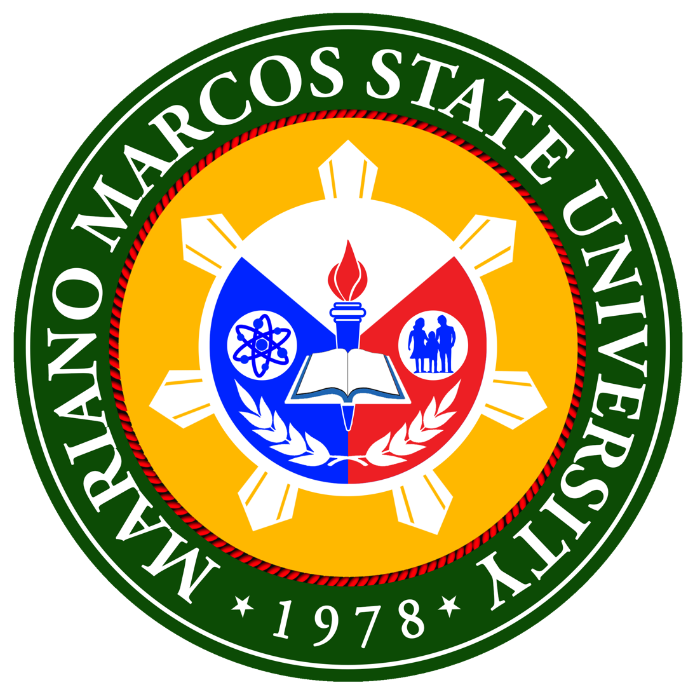MMSU adopts English as medium of communication
MMSU will now use English as a medium of instruction and official communication in the university system.
MMSU President Shirley C. Agrupis said this academic stand will attain its ultimate goal of developing the proficiency of the faculty, staff, and students in the English language.
“This is the University’s response to results of recent surveys and studies which show a decline in the English proficiency of Filipino students,” Dr. Agrupis said, adding that her main purpose is to enhance the English competencies of our students, which is also one of the primary concerns of the Department of Education (DepEd).
“We encourage the MMSU community to master the English language as a means to communicate with the world, especially as we intensify our bid for internationalization,” she said.
Dr. Agrupis’ declaration stemmed from the collegial stand of the members of the University Academic Council (UAC) in their meeting last February 18 as the whole council aims to develop competent professionals who are committed to provide “our students with the right tools to succeed in an increasingly diverse, knowledge-driven, and competitive global environment.”
“That is why we have integrated an intensive English course, focused on developing English proficiency for academic and communicative purposes, in all our curricular programs,” Dr. Agrupis said, emphasizing that the enhancement of courses in science and mathematics are also being developed to boost the skills students learned in the basic education levels.
“All of these are part of a holistic approach to ensure that our graduates would have the right competencies and attitudes to not only be employable, but to become 21st century leaders,” she added.
In the light of this, even as the university pursues to strengthen the use of the English language, it continues to support, encourage, and promote inclusion, diversity, and multilingualism through academic, cultural, and research activities. These include the programs of our Language Center, Center for Ilokano and Amianan Studies, Center for Human Movement Studies, and Sentro ng Wika at Kultura. “We continue to offer courses on Ilokano, Filipino, and foreign languages”, she added.
“At the basic education levels, we will continue to observe the principles and practices of Mother Tongue Based-Multilingual Education (MTB-MLE), in accordance with Republic Act 10533 and Dep Ed Order No. 74, s. 2009. Moreover, we continue to look for ways to more effectively and beneficially implement multilingual education and conduct research in the field in aid of policy,” Dr. Agrupis assured.
The university president, however, made it clear that outside academic contexts and official functions, everyone is free to use whatever language they are comfortable with.
“We do not mean to penalize or discriminate our staff and students from using the language of their hearts, but we are working to enhance their linguistic repertoire and equip them with a wide array of skills and competencies with which they can build a bright future for themselves, their families, and their communities,” she stressed.
Written By:
Administrator

